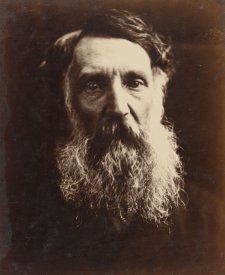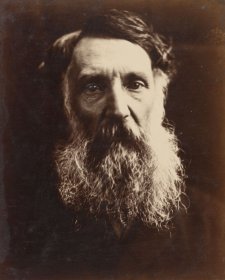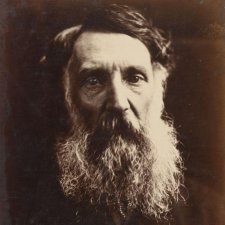Edward John Eyre (1815-1901), explorer and administrator, emigrated to New South Wales from England when he was 17. Settling in Adelaide after pioneering expeditions with sheep and cattle, he made several attempts to find an overland stock route from the city to the west. In January 1840 he learned that a committee was organising an expedition to find a way west. Eyre persuaded them to refocus the expedition on the north, agreeing to pay for half of this bid to 'discover the inland of Australia'. Many gruelling months into the trip, one of his party was murdered, and the rest disappeared. Eyre and his Aboriginal colleague, Wylie, staggered into Albany on 7 July 1841, more than a year after they had set out. Six years later Eyre was rewarded for the journey with the Founder's Gold Medal of the Royal Geographical Society. In 1844, after having served as Protector of Aborigines in South Australia, he sailed home. His career ended contentiously in Jamaica in 1865.
- About us
- Support the Gallery
- Venue hire
- Publications
- Research library
- Organisation chart
- Employment
- Contact us
- Make a booking
- Onsite programs
- Online programs
- School visit information
- Learning resources
- Little Darlings
- Professional learning







